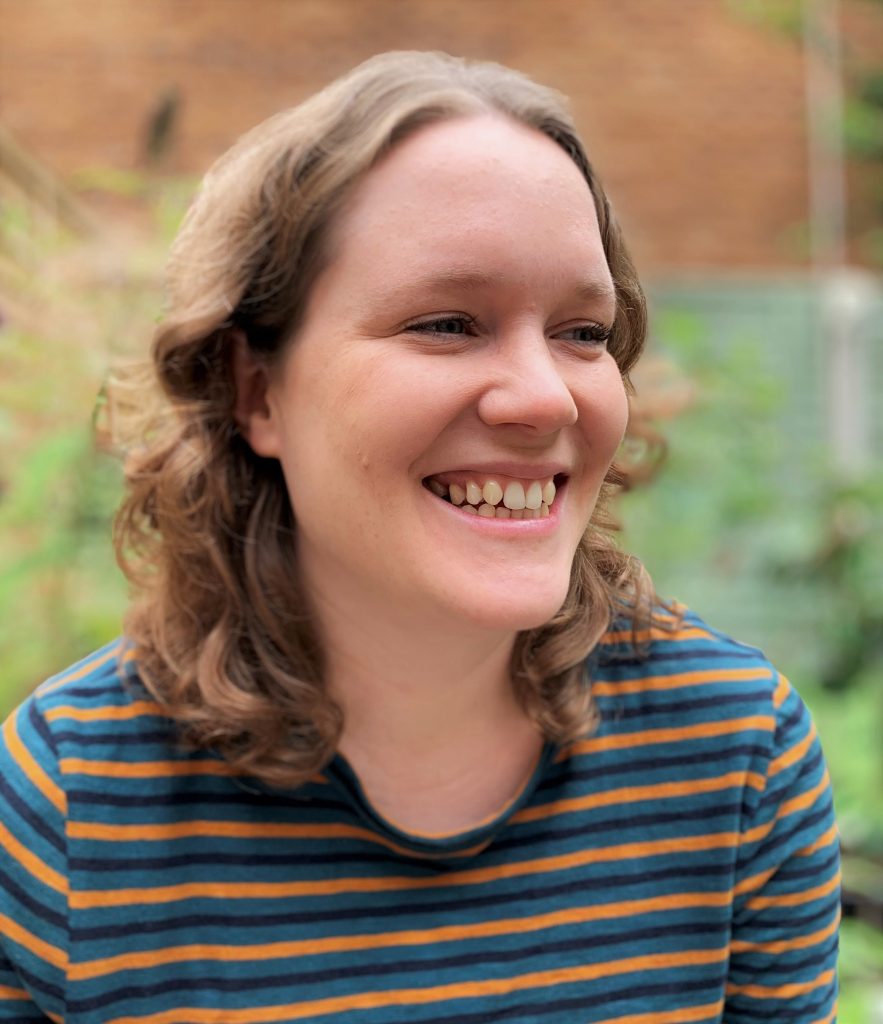Traditionally, this is used to provide access to film, TV and theatre for people who are blind or partially blind. This research explores new uses for audio description by examining how it can be used in outdoor heritage settings for tour groups, and whether audio description can also be beneficial to sighted people, as a form of guided looking.
Through this research, I aim to understand how audio description impacts the participants’ experience. For example, do some approaches to audio description in tours enhance the overall sensory experience of participants? How does this affect their memory of the garden? And can language be used to enrich sensory experience in the moment, as well as enhance the mental imagery of experiences? And how does this differ for blind and sighted people?
The overall aim is to explore whether audio description techniques can be used to improve access through inclusive design, and whether this actually benefits everyone, regardless of their level of sight. Using this research, I will develop empirically-driven guidelines for the use audio description in the heritage sector.
I have been fascinated by audio description (describing visual information for those that are blind or partially blind) for many years now – ever since attending a talk about the film, Notes on Blindness, which demonstrated the creative potential in audio description, as well as its potential as a tool for inclusion, and offering audiences new ways of experiencing film, art, events and more. This inspired me to take a professional development short course in audio description at UCL, and then to study for a master’s degree in Audiovisual Translation at the University of Roehampton.
Audio description excites me because it lies at the cross section between many different disciplines, such as translation studies, linguistics, cognitive psychology, museum studies and disability studies. As a result, my project seeks to embrace this interdisciplinary nature, and to find further connections between these disciplines.

